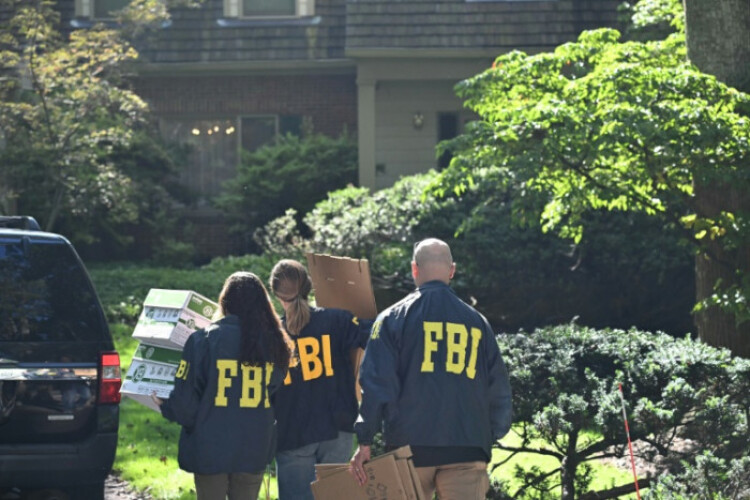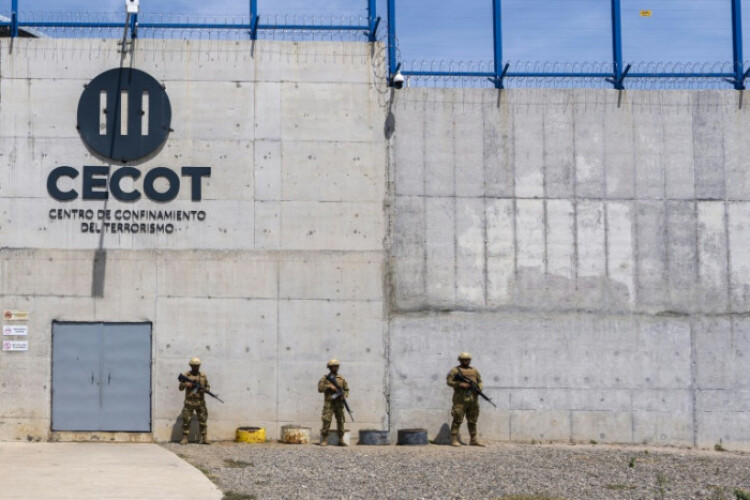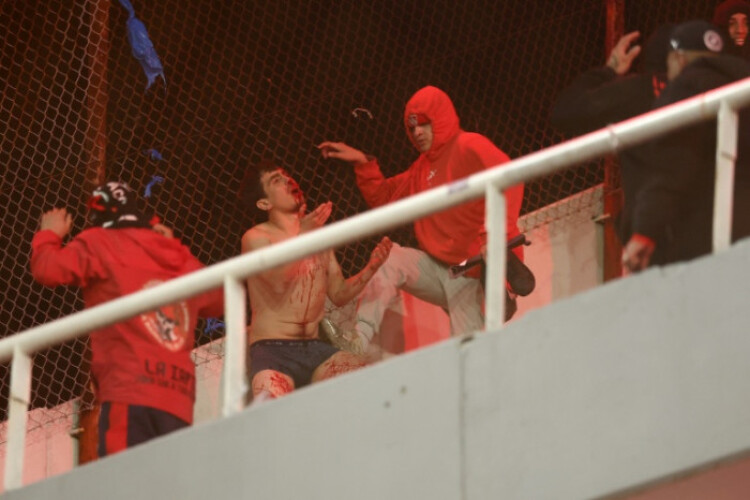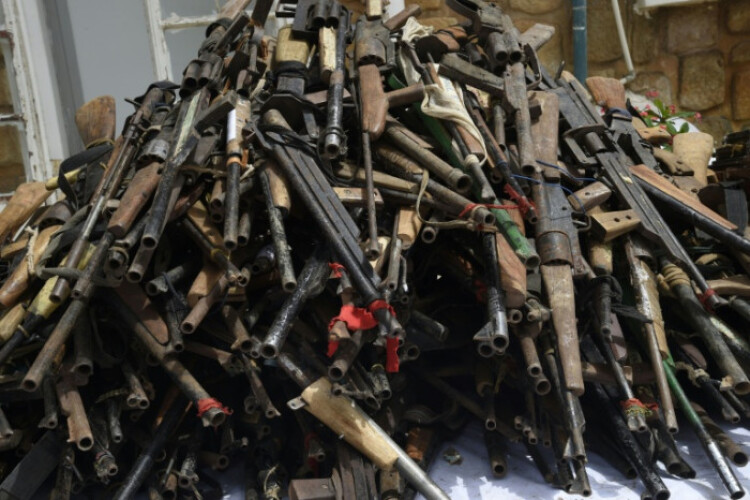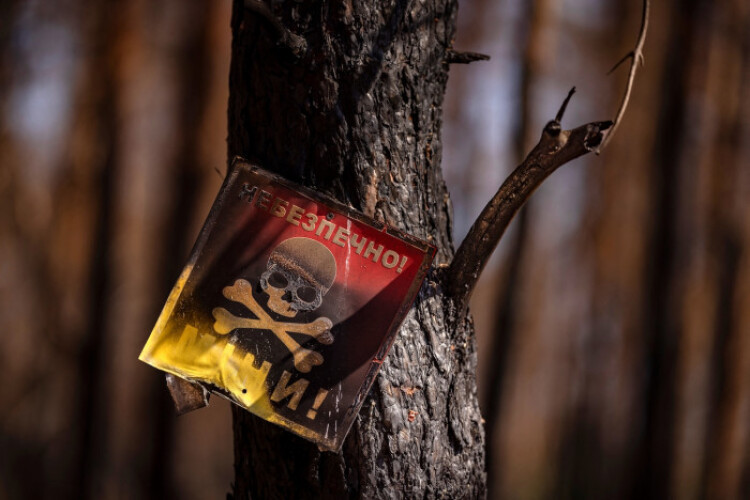
LAUSANNE, Switzerland - Ukraine’s prime minister appealed on Thursday for more help clearing landmines and unexploded bombs covering up to a quarter of the country — making it the most mined nation in the world.
Switzerland, which is providing financial support, is hosting a conference this week attended by officials from around 50 countries to seek backing for demining Ukraine, a task estimated to cost $34.6 billion, according to a World Bank study.
Clearance is seen as a critical requisite for improving agricultural production and for the return of millions of Ukrainians who have fled since Russia invaded in February 2022. Already, 399 civilians have been killed by landmines and 915 injured, according to United Nations human rights monitors.
“The scale of this challenge is truly massive,” Ukraine Prime Minister Denys Shmyhal told the meeting in Lausanne. “I call on the entire civilised world to increase support for Ukraine in the field of demining.”
He said the National Mine Strategy aimed to clear the country by 2033 but it needed help, especially with training 10,000 deminers and building machines that can clear terrain around 100 times faster than people.
Already, the country has cleared 35,000 square kilometres since the war began, First Deputy Prime Minister Yulia Svyrydenko told journalists. Some parts of Ukraine near the front lines are not yet eligible for humanitarian demining.
To raise awareness of the risks, a Mine Action consultant in a kevlar vest and visor walked senior government officials through a mock-up abandoned Russian trench, surrounded by anti-tank and personnel mines and a concealed grenade.
Jaco Cilliers, the Ukraine representative with the UN Development Programme, told Reuters he had seen bombs hidden inside teddy bears and candy boxes.
US delegate Stanley Brown, acting assistant secretary of state for political and military affairs, said Washington was considering new demining partnerships with Kyiv.
Swiss President Viola Amherd told the meeting that the country would deliver three more remote-controlled machines from Swiss-based Global Clearance Solutions.
The conference showcased this machine as well as new equipment such as AI-powered drones that can help with land surveys and detect even tiny, camouflaged “petal mines”.
A follow-up meeting is planned in Japan in 2025. But some worry about dwindling interest in the problem, with the war in its third year.
“My fear is the donors are not really prepared to sustain this effort for a long time,” said Hansjörg Eberle, director of FSD, a Swiss demining foundation active in Ukraine.
Switzerland, which is providing financial support, is hosting a conference this week attended by officials from around 50 countries to seek backing for demining Ukraine, a task estimated to cost $34.6 billion, according to a World Bank study.
Clearance is seen as a critical requisite for improving agricultural production and for the return of millions of Ukrainians who have fled since Russia invaded in February 2022. Already, 399 civilians have been killed by landmines and 915 injured, according to United Nations human rights monitors.
“The scale of this challenge is truly massive,” Ukraine Prime Minister Denys Shmyhal told the meeting in Lausanne. “I call on the entire civilised world to increase support for Ukraine in the field of demining.”
He said the National Mine Strategy aimed to clear the country by 2033 but it needed help, especially with training 10,000 deminers and building machines that can clear terrain around 100 times faster than people.
Already, the country has cleared 35,000 square kilometres since the war began, First Deputy Prime Minister Yulia Svyrydenko told journalists. Some parts of Ukraine near the front lines are not yet eligible for humanitarian demining.
To raise awareness of the risks, a Mine Action consultant in a kevlar vest and visor walked senior government officials through a mock-up abandoned Russian trench, surrounded by anti-tank and personnel mines and a concealed grenade.
Jaco Cilliers, the Ukraine representative with the UN Development Programme, told Reuters he had seen bombs hidden inside teddy bears and candy boxes.
US delegate Stanley Brown, acting assistant secretary of state for political and military affairs, said Washington was considering new demining partnerships with Kyiv.
Swiss President Viola Amherd told the meeting that the country would deliver three more remote-controlled machines from Swiss-based Global Clearance Solutions.
The conference showcased this machine as well as new equipment such as AI-powered drones that can help with land surveys and detect even tiny, camouflaged “petal mines”.
A follow-up meeting is planned in Japan in 2025. But some worry about dwindling interest in the problem, with the war in its third year.
“My fear is the donors are not really prepared to sustain this effort for a long time,” said Hansjörg Eberle, director of FSD, a Swiss demining foundation active in Ukraine.

